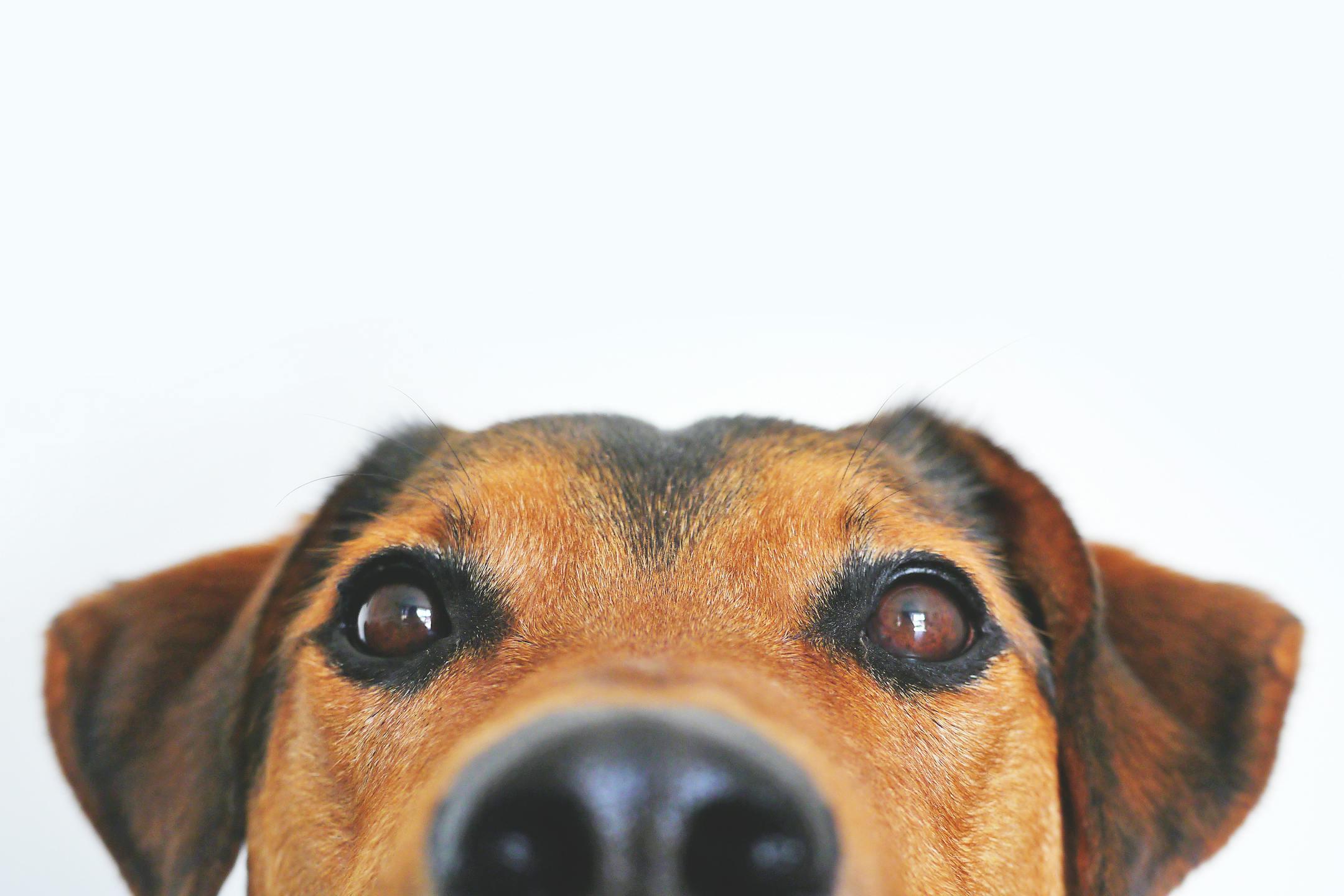Website designed with the B12 website builder. Create your own website today.
Start for free
The Emotional Side of Pet Ownership
For many people, pets are more than just animals—they’re family. They provide companionship, comfort, and unconditional love. Studies have shown that pet ownership can reduce stress, ease loneliness, and even improve overall mental health. However, new research is shedding light on a lesser-known reality: for some pet owners, attachment to their animals can lead to stress, anxiety, and even depression.
A recent study led by Brian N. Chin at Trinity College found that pet owners who worry excessively about their pet’s love or feel overly dependent on their companionship may be at a higher risk of depression. While the bond between humans and their pets is often beneficial, the way we form that attachment can make a significant difference in our mental well-being.
So, what does a healthy pet-owner relationship look like, and how can we prevent our love for pets from turning into emotional distress? Let’s explore.
When Love Becomes Anxiety: Signs of Unhealthy Attachment
While it’s completely normal to love and care for our pets, attachment anxiety can manifest in ways that may harm our mental health. Here are a few signs that your bond with your pet might be leaning into unhealthy territory:
✔ Constant Worry About Their Love – Do you stress over whether your pet truly loves you? Do you feel rejected when they seem uninterested in affection?
✔ Fear of Being Apart – Do you avoid leaving home because you don’t want to be away from your pet? Do you experience extreme anxiety when they are out of sight?
✔ Difficulty Handling Loss – Do you have overwhelming fear about losing your pet, to the point where it affects your daily life?
✔ Guilt About Their Happiness – Do you constantly wonder if you’re doing enough for your pet, even if they seem happy and well cared for?
✔ Owning Multiple Pets to Fill a Void – Research suggests that owning both a dog and a cat can increase stress levels, especially if caregiving responsibilities feel overwhelming.
This kind of attachment anxiety is similar to what we see in human relationships. Just like people, animals need space, independence, and a secure environment where love isn’t tied to constant reassurance.
How Unhealthy Pet Attachment Affects Mental Health
While many pet owners find joy and emotional support in their animals, insecure attachments can have negative effects. According to research from The Times UK, excessive pet-related stress can lead to:
• Increased anxiety and depression – Constant worry about a pet’s well-being can take an emotional toll.
• Burnout from caregiving responsibilities – Especially for multi-pet owners, the mental load of pet care can become overwhelming.
• Misinterpretation of pet emotions – Research from Arizona State University suggests that humans often project their own emotions onto pets, misunderstanding their behavior. This can create unnecessary stress for owners.
One of the biggest misconceptions is that “the more time I spend with my pet, the happier we will both be.” In reality, a balanced relationship—where pets and owners both have independence—is healthier for both parties.
How to Foster a Healthy Relationship with Your Pet
If you notice that your attachment to your pet is causing you stress rather than joy, consider these tips:
🦴 Recognize Your Attachment Style – Just like in human relationships, attachment to pets can be secure, anxious, or avoidant. Reflect on your behavior and emotions around your pet.
🐾 Focus on Quality, Not Quantity – Spending every second with your pet doesn’t necessarily mean a better bond. Instead, make the time you do spend together meaningful.
🏡 Give Your Pet (and Yourself) Independence – Allow your pet time to explore, rest, and interact with others. Similarly, make sure you maintain your own hobbies, friendships, and self-care routine.
🩺 Take Care of Your Mental Health – If your anxiety about your pet is affecting your well-being, talking to a therapist or counselor can help.
📖 Educate Yourself on Pet Behavior – Misreading a pet’s emotions can cause unnecessary worry. Learn about your pet’s signals and behaviors to build a realistic understanding of their needs.
Final Thoughts
Pets can be amazing companions, bringing joy and comfort to our lives. But just like in human relationships, the key to a healthy bond is balance. Loving your pet doesn’t mean you have to be consumed by fear, worry, or guilt. Instead, by fostering a secure and mutually fulfilling relationship, you can enjoy all the wonderful benefits of pet ownership—without the emotional strain.
So the next time you find yourself worrying if your pet truly loves you, take a deep breath. If they’re well-fed, safe, and relaxed in your presence, chances are—they already do.
Sources & Further Reading:
📌<a href="https://nypost.com/2025/03/11/health/worrying-about-whether-your-pet-loves-you-linked-to-health-issue/"> Trinity College Study on Pet Attachment & Mental Health
📌<a href="https://www.thetimes.co.uk/article/new-dog-owners-have-to-take-the-ruff-with-the-smooth-wc7hbvrbd"> Challenges of Dog Ownership: The Times UK
📌<a href="https://www.thetimes.co.uk/article/humans-are-barking-up-the-wrong-tree-when-reading-dogs-emotions-bfm6crx95"> Misinterpretation of Pet Emotions: Arizona State University Study